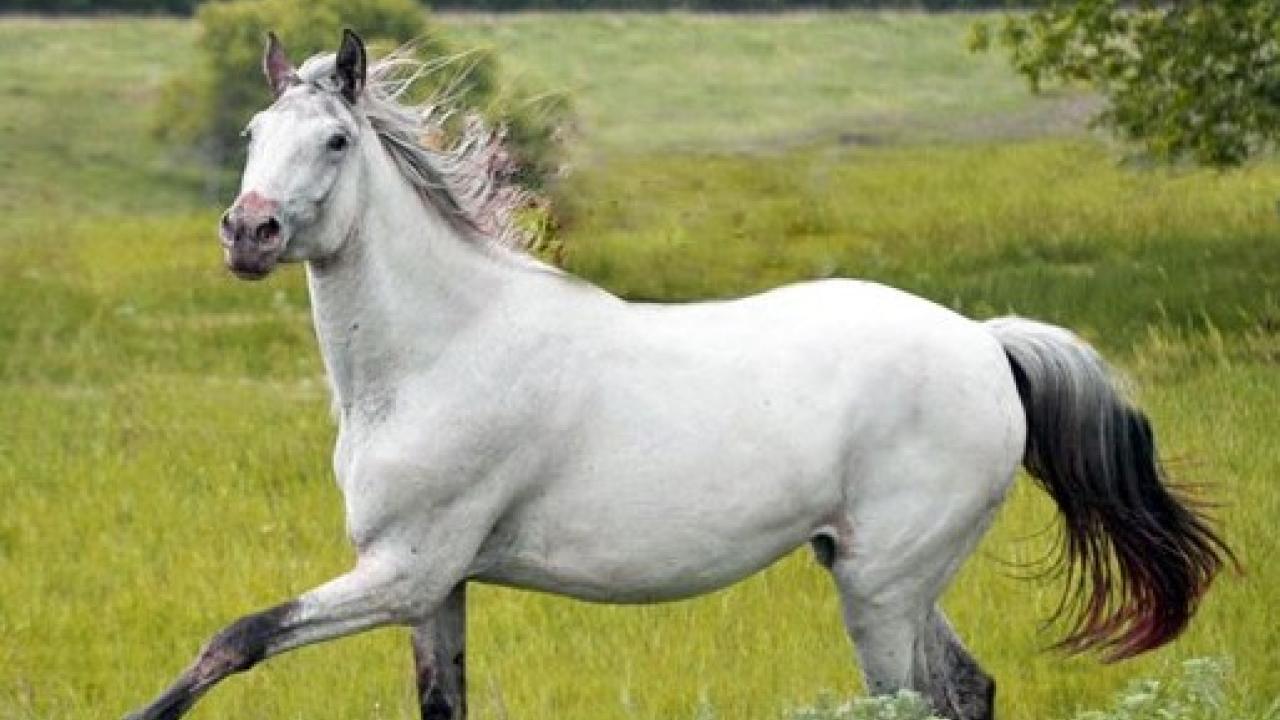
VGL Research: Heritability of insidious uveitis in the Appaloosa horse
The VGL equine genetics research team, led by Dr. Rebecca Bellone, has just published a new study on the heritability of insidious uveitis in the Appaloosa horse.
The study evaluated over 140 horses and the findings show that ERU is highly heritable in this breed. This study was the focus of Dr. Nicole Kingsley’s Ph.D. thesis work and is the first of several studies on the genetics of uveitis to be conducted as part of Nicole’s thesis project.
Equine Recurrent Uveitis (ERU) is an inflammatory disease of the eye and is the leading cause of blindness in horses. Appaloosa horses are 8-10 times more likely to be diagnosed with this disease than other horse breeds, suggesting a genetic component. Several forms of ERU have been described, and Appaloosas are most often diagnosed with the specific form known as insidious uveitis, or persistent low levels of inflammation rather than episodic bouts of inflammation, leading to damage of ocular tissue and blindness. Horses with insidious uveitis often do not show outwardly painful episodes of inflammation compared to that seen with other forms of ERU.
While the breed-defining leopard complex spotting allele (LP) constitutes a significant risk factor for ERU, this study also showed that additional genetic variants likely contribute to risk for this disease. Additional studies are warranted to identify these additional risk factors and may lead to advancement in the prevention and treatment of this disorder.
For more information, read the full publication at https://onlinelibrary.wiley.com/doi/epdf/10.1111/age.13267
